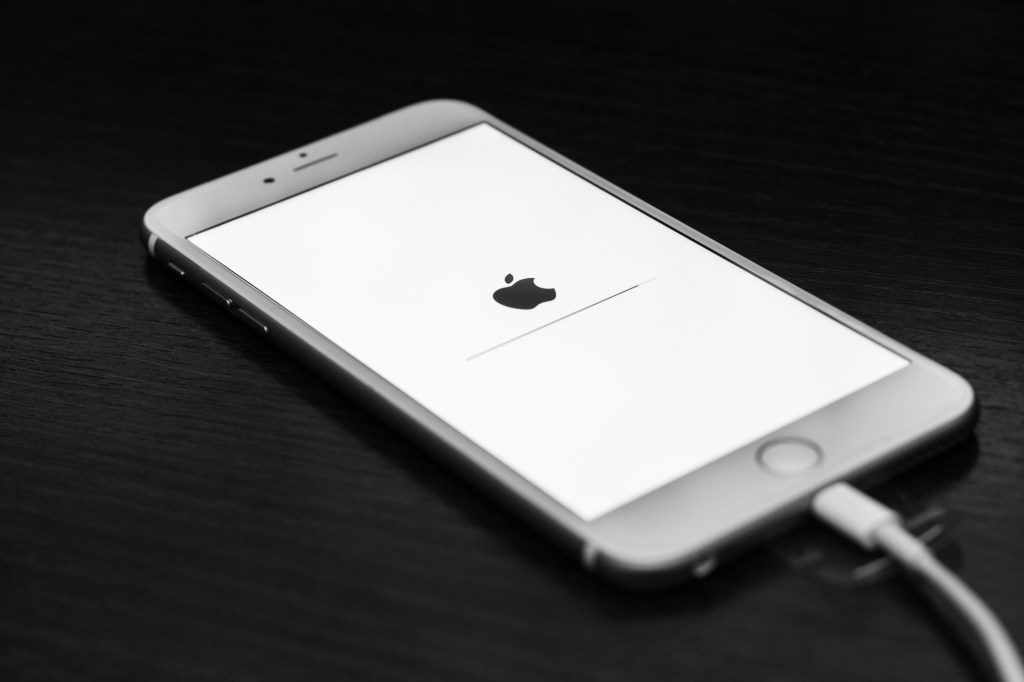Apple loses with Oregon’s new right-to-repair law
Oregon’s newly passed right-to-repair law aims to cut e-waste and stimulate the independent technology repair marketplace. Read More

Photo courtesy of Shutterstock/Attila Fodemesi
Last week, Oregon passed the nation’s toughest (and fourth) technology right-to-repair law, affecting any new electronic devices after Jan. 1, 2025. Specifically, SB 1596 requires manufacturers to ensure “parts pairing” — or the ability to replace parts of different devices should they fail — a key requirement omitted from California’s October state law at the behest of heavy lobbying from industry behemoths such as Apple.
Why this is important
As with California, Apple lobbied Oregon lawmakers against banning the use of parts pairing. The technology company has made billions from requiring consumers to replace devices such as iPhones and MacBooks when one component fails or work exclusively with an Apple retailer to fix the product.
A ban on parts pairing allows more options for technology repair in the marketplace, hindering Apple’s monopoly on their devices. It could also lead to the decreased production of Apple technology parts, and a decrease in e-waste.
“This is a cause for celebration,” said PIRG, the Public Research Interest Group, in a statement following the bill’s passage. “Electronic waste is growing five times faster than our electronics recycling capacity…We need to cut down the insane cycle of churning through personal electronics.”
According to the United Nations Institute for Training and Research, e-waste has increased exponentially, up 82 percent in 2022 compared to 2010.
Apple testified against the bill, citing the “parts pairing” provision as a security threat. In response, Oregon state Rep. Courtney Neron cited a letter from the Federal Trade Commission that stated Apple’s parts pairing requirements were too expensive for independent manufacturers, and also extremely wasteful.
“Manufacturer repair restrictions also make it more challenging for small repair businesses to compete and contribute to unnecessary e-waste,” said Neron, explaining that Oregonians throw away the equivalent of 5,000 cell phones a day.
In contrast, Apple’s competitor Google made a concerted point to support the law, going so far as to send a letter lauding the efforts of the Oregon Legislature.
“In Sen. [Janeen] Sollman’s proposed bill language, we found a thoughtful, comprehensive, and common sense approach to ensuring the right to repair for customers,” said Steven Nickel, director of operations for Google’s devices and services team in an email to GreenBiz.
In addition to increased consumer accessibility, Nickel also stressed Google’s intent to mitigate the company’s environmental impact with the bill.
“[SB 1596] serves as an effective reinforcement within Google of the value and importance of building sustainability into our products and repair practices,” said Nickel. “It also will positively support our efforts to reduce e-waste with its emphasis on reuse through repair.”
Due to the critical mineral components of electronics, hazardous neurotoxicants such as lead and mercury either leach into groundwater or release toxic fumes into the air during decomposition.
Apple did not respond to GreenBiz’s request for comment.











